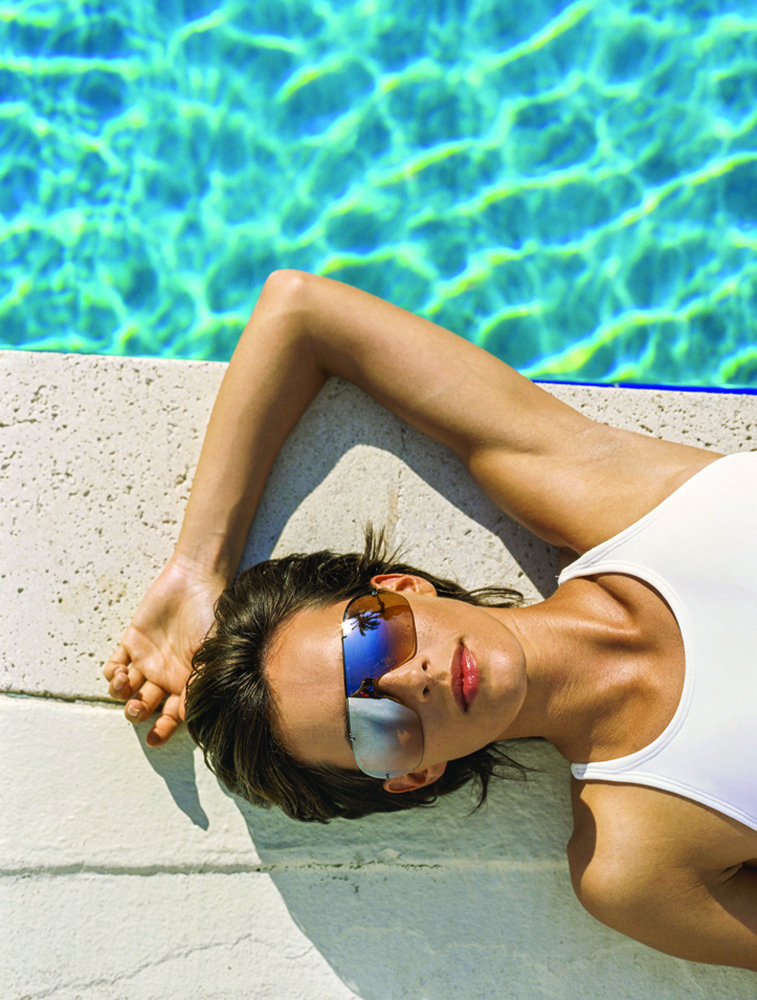Blue skies and ample sunshine help makes summer special. Come summer, many people spend more time enjoying recreational pursuits and everything seems a bit more laid back.
Even though people may take a more relaxed attitude in summer, the National Eye Institute says people should wear sunglasses that block UV radiation whenever they head outdoors in daylight hours. This is essential for men, women and children. Sunglasses are necessary during the times of day when the sun’s rays are at their strongest, but wearing them anytime the sun is out can protect one’s vision.
Sunglasses present a great defense against UV rays that can cause short- and long-term eye damage, states the American Academy of Ophthalmology. Diseases such as cataracts, cancer and growths on the eye all can result from prolonged exposure to UV rays, which can damage the eye’s surface tissues as well as the cornea and lens. Prolonged exposure to UV rays also may affect retinal cells.
When purchasing sunglasses to protect the eyes, consumers should consider these important factors.
- Ultimate protection: The American Optometric Association says that sunglasses should offer 100 percent protection against both UVA and UVB rays. Some glasses will simply list a numerical indicator. In such instances, sunglasses that offer protection against UV 400, which will encompass the wavelengths for both UVA and UVB rays, are best.
- Buy from a reputable retailer. Not all sunglasses live up to their claims. Sunglasses sold at doctors’ offices, department stores and sunglass speciality shops often meet the standards for protection, advises The Vision Council, a trade organization for the optical industry.
- Choose tint for activity. Tint will not affect UV protection, but it can make certain activities more enjoyable. Darker lenses may help at the beach, where there is more reflective light. Orange or yellow lenses increase contrast while driving or fishing. On cloudy days, amber or rose lenses can help improve contrast. Customers should choose a tint that makes them feel comfortable.
- Polarized lenses help fight glare. Polarized lenses and those with anti-reflective coatings can alleviate glare. Such lenses work by only letting in specific amounts of light at certain angles, which helps to reduce the brightness of that light, says the Discovery Eye Foundation.
- Go big. Bigger frames or wrap-around designs can further block UV light from different angles, particularly the side of the eye.
Consumers should consider various factors when shopping for their next pair of sunglasses. For more eye safety tips for the summer, visit www.aao.org.










